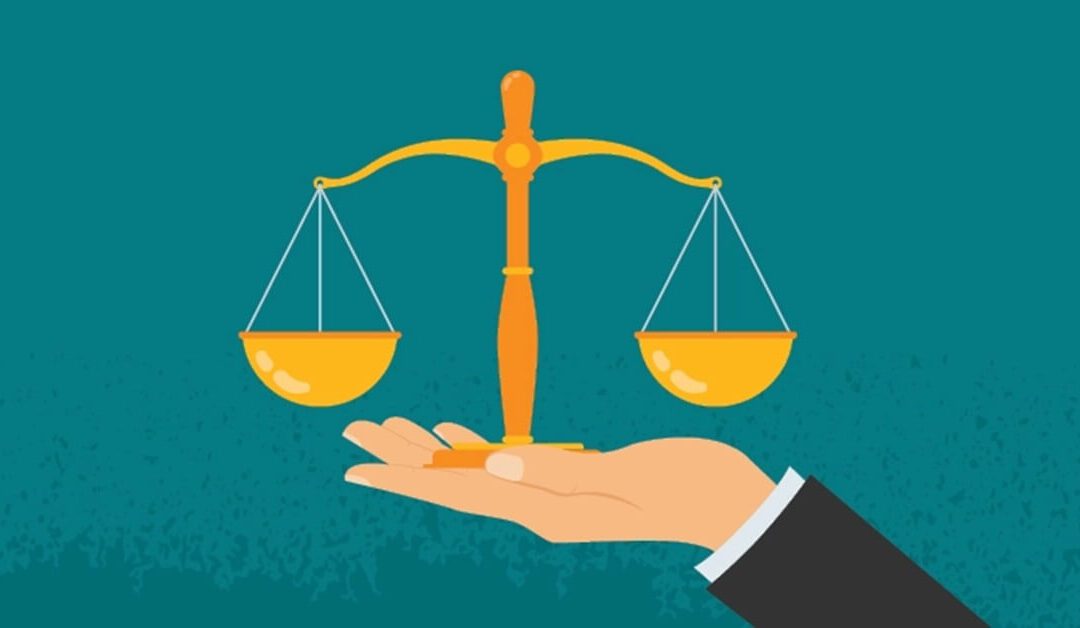Introduction:
Justice is a concept that has intrigued and puzzled philosophers, legal scholars, and society at large for centuries. Defining justice in a single sentence is nearly impossible, as it carries various interpretations and applications depending on the context in which it is used. Justice can mean fairness, equality, adherence to law, or even the establishment of a classless, stateless society. Despite the broad spectrum of its meaning, justice is undeniably a fundamental part of political, philosophical, and legal ethics.
What is Justice?
At its core, justice is often understood as the pursuit of fairness and equality. In everyday language, justice refers to what is good, virtuous, or true, embodying the moral compass of society. It serves as a guiding principle to determine the right and wrong of actions, decisions, laws, and institutions. Justice touches upon many crucial aspects of human life, including freedom, equality, and property, and it is an essential element in harmonious societal functioning.
However, justice cannot be confined to a singular meaning. For some, justice is the rule of law, ensuring that no one is discriminated against on the basis of caste, creed, or gender. For others, it represents the virtues upheld by individuals in society, striving for the welfare of the people. In broader terms, justice can be seen as the coordination of political values such as freedom, equality, and fraternity, which are necessary for sustaining peaceful and just relationships between individuals.
Justice as a Balancing Act
One of the most important aspects of justice is the balance it seeks to strike between competing political values. In any legal or political system, justice is viewed as a mechanism for combining these values in a way that serves the common good. For instance, ensuring equality in society involves balancing individuals’ rights to freedom with their obligations to society. Justice is not just about ensuring one’s rights but also about fulfilling one’s duties.
Justice is more than the enforcement of rules. It involves looking at the overall behavior of individuals, organizations, and institutions through the lens of societal values. In essence, justice seeks to align the responsibilities of individuals with the collective interests of society, ensuring that every member contributes to and benefits from the shared framework of rights and obligations.
The Philosophical Roots of Justice
The English word “justice” finds its roots in the Latin term Justitia, which means “assembly” or “union,” symbolizing the systemic relationship between individuals within a society. The word jus, meaning to unite, further signifies justice as a relational concept, drawing people together in mutual respect, rights, and responsibilities. Similarly, the Kannada term for justice, Nyaya, reflects this comprehensive sense of order and righteousness.
Philosophical interpretations of justice differ across time and thinkers. Classical philosophers like Plato and Thomas Aquinas believed that justice is an eternal and unchanging ideal, much like truth. According to them, justice is universal and immutable, a standard that applies equally to all people, regardless of the circumstances. In contrast, Aristotle, Bentham, and Mill argued that justice is relative and must be understood in the context of time, place, and societal conditions. For these thinkers, justice is not fixed but rather evolves based on the changing needs of society.
Justice and the Legal System
In its most limited sense, justice is often associated with the legal systems of societies. A just society is one where laws are clear, fairly applied, and enforced without bias. Justice here is reflected in the presence of an independent judiciary, equal treatment under the law, and legal protections for all citizens. When these criteria are met, justice becomes a living practice rather than a theoretical concept. The legal system acts as a guarantor of justice, ensuring that individuals’ rights are protected and that wrongdoers are held accountable.
Conclusion
Ultimately, justice is a dynamic concept that evolves with society’s needs, expectations, and moral values. While some thinkers have argued for an unchanging standard of justice, many acknowledge that justice must adapt to circumstances and contexts. At its heart, justice is about striking a balance—between individual rights and societal duties, between freedom and equality, and between maintaining order and promoting fairness. Whether through laws, moral values, or philosophical inquiry, justice continues to serve as a vital pillar for building and sustaining a fair and equitable society.

